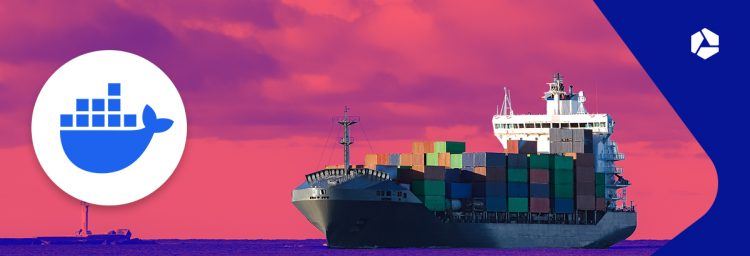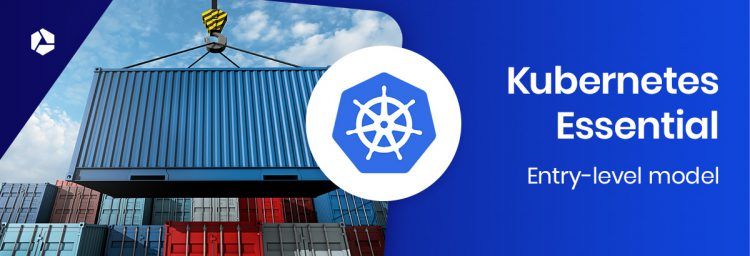What is Kubernetes and why it matters for your business

In the business world, speed is often of the essence. Well, actually, it's usually always essential! It's all about time and money. This is where a hosting solution like Kubernetes comes in handy. It's the quickest and easiest way to launch new applications on a scalable platform.
Let's dive into the world of "Container Orchestration." Don't worry; we're turning this into a 'Kubernetes for Dummies' blog article. 😉
Kubernetes, what is it?
Kubernetes, affectionately known as 'k8s,' is a system for managing large groups of containers and containerized applications. This technology allows you to organize the operation of containers, a concept called 'Container Orchestration.' In simple terms, Kubernetes empowers your business to enhance the scalability and reliability of your applications, whether you're using physical servers, virtual machines, or cloud infrastructure.
Originally developed by Google, Kubernetes has taken on a life of its own within the Open Source community. With Docker's open standard as a foundation, containers were already gaining popularity. Kubernetes takes it a step further, allowing you to manage numerous containers, even at a large scale, without losing control.
A new approach
Today, we scale horizontally: more servers instead of larger, heavier ones. Microservices, a key trend in application development, involves breaking down large software blocks into many small ones.The result is that you have a lot more to manage: tens, hundreds, or even thousands of nodes. In a typical cloud approach, these are no longer 'servers' but 'containers.' Fortunately, Kubernetes provides a new way to manage all of this.
How does Kubernetes work?
Kubernetes enables orchestration, meaning the automation of container management. Containers are self-contained units of code, often immutable. They can be launched in seconds, both manually and automatically.
Kubernetes initiates the containers, handles tasks such as load balancing, failover, network traffic routing during high demand, easy (automatic) scaling, and also reduces resource allocation when the demand is low.
If a container becomes unresponsive, Kubernetes ensures the deployment of a new one. This is precisely the strength of Kubernetes! You can start and stop containers entirely automatically based on predefined criteria.
Some examples of such criteria include:
- A minimum number of instances that must be active for each container.
- Response times for each of these instances staying below your agreed-upon thresholds.
- When your monitoring detects a problem, you can immediately add an extra instance.
- You can automatically redirect incoming traffic away from the suspected problem and restart the stuck instance.
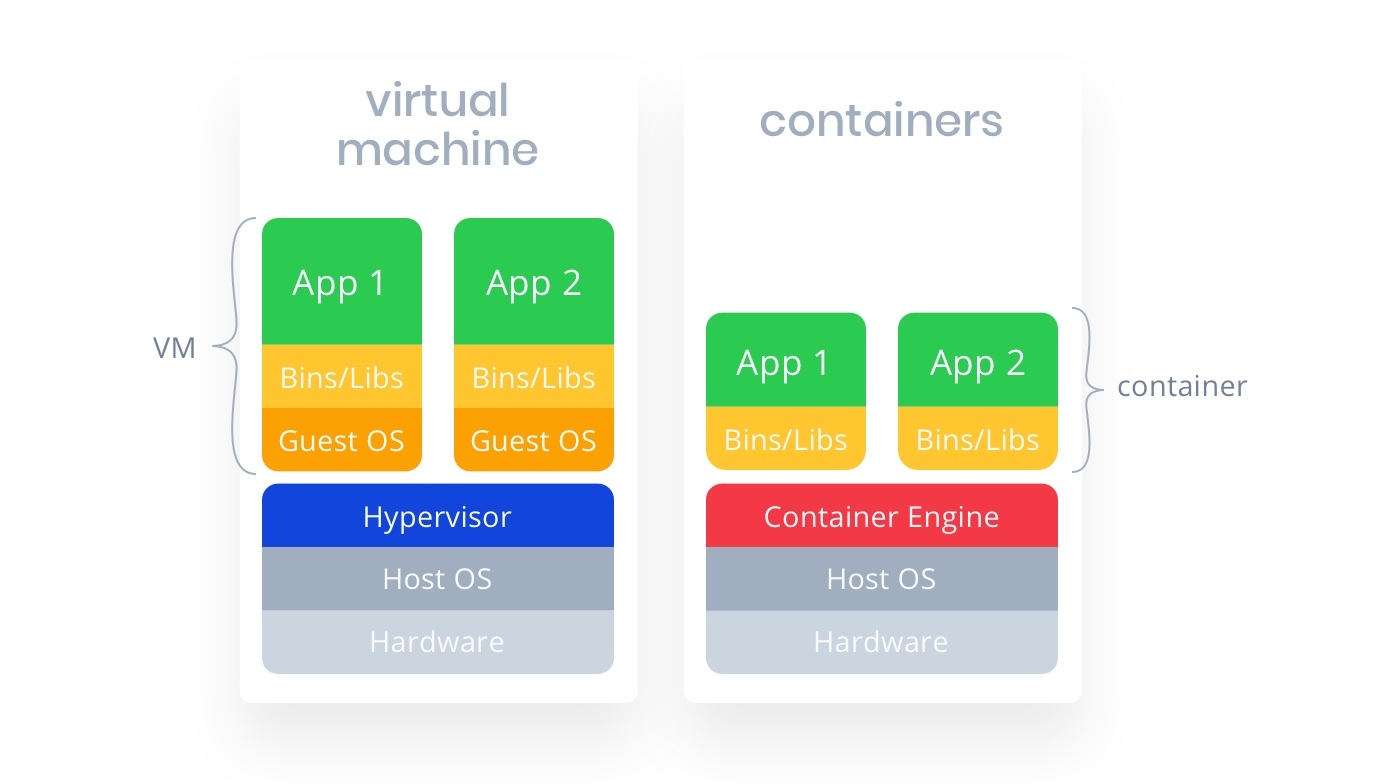
Extensive automation
This is just a simple example of orchestration rules you can set with Kubernetes. Planning ahead is key. While you can't anticipate all possible obstacles, there's often a playbook ready for most situations. This is the foundation for extensive automation. You're essentially solving problems before they even occur.
It does require a completely different mindset. Where you used to be a virtuoso on your favorite instrument as a sysadmin, you're now the conductor overseeing the harmony of the whole. Your score is the basic rules on which everything is built.
Eliminating the human factor
What makes Kubernetes unique is that it eliminates the human factor as the weakest link. Rolling out containers within an infrastructure cluster, and adding or removing nodes, can theoretically be done manually. But will you continue doing that when you have thousands of containers on your servers? You'll never react as quickly as when you let these processes run fully automatically.
The essence of container clustering is minimizing the impact of a potential system failure by duplicating all components and scaling them elastically. With Kubernetes, this happens immediately, even before a human administrator has time to intervene.
Virtually segmented units
Kubernetes orchestration also automates the decision to add extra nodes and to redirect traffic away from a potential problem. A master server monitors the cluster infrastructure – it starts and stops extra nodes based on agreed-upon rules. Many hyperscalers offer this service. Here at Combell, we'll discuss the possibilities regarding extra nodes with you.
The nodes are virtually segmented pieces of infrastructure on which each container runs, including network access parameters and the built-in load balancer.
Containers that work together and are highly dependent on each other can also be grouped into (new) pods. That's the operational basic unit of Kubernetes. Managing your infrastructure and application components becomes much less hands-on this way. You manage the master server, not each node individually.

Kubernetes, why is it important for your business?
Are we exaggerating when we say that Kubernetes is invaluable for businesses? Not really, because it's the opportunity to expand and grow your business further. You can scale applications more efficiently, make your IT environment more reliable, and simplify management.
Additionally, Kubernetes simplifies application management to some extent by providing a standardized platform for provisioning, scaling, and monitoring, reducing complexity a bit.
With flexibility in implementing various types of workloads, such as microservices and legacy applications, Kubernetes gives your organization the freedom to use the right technologies without being limited by the infrastructure.
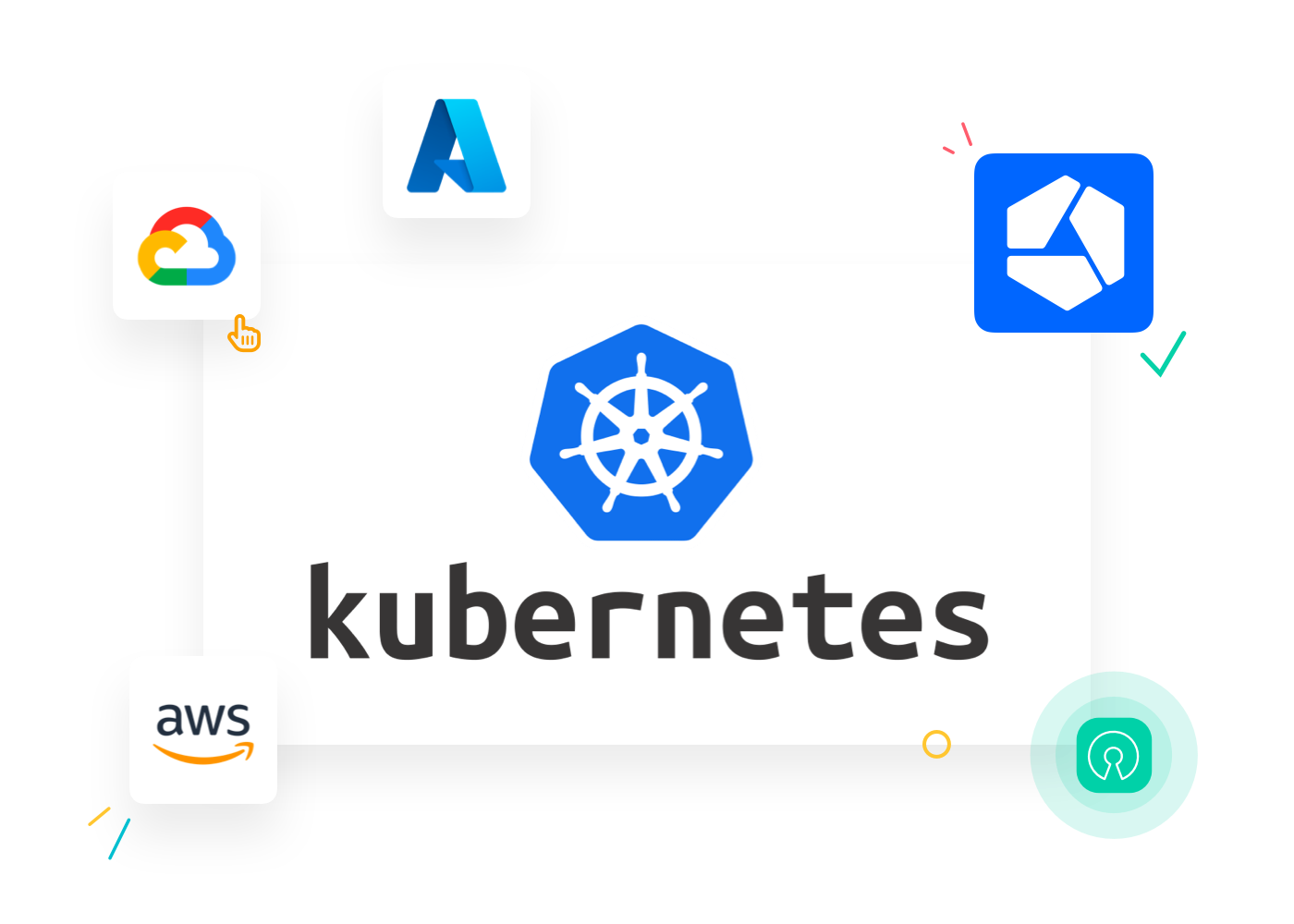
Tip
Kubernetes works with any cloud platform! Because Kubernetes is an Open Source platform, it can run on any cloud platform! This allows you to easily integrate Kubernetes into your existing systems.
Thanks to Kubernetes, your business can innovate faster, shorten time-to-market, and better meet your customers' ever-increasing demands. And we haven't even touched on the following benefits of Kubernetes yet.
Also read
Benefits of Kubernetes
With Kubernetes, you choose application development based on APIs (Application Programming Interfaces). In the cloud era, it's common to break your application into functional parts that can even be hosted elsewhere in the cloud. With a DevOps approach, the focus can be on adding new functional richness and less on infrastructure issues.
Non-functional needs are still important. Security, performance, high availability, flexibility, and elastic scaling are all essential. Kubernetes provides answers to these needs through automation. As long as your underlying infrastructure cluster has enough physical resources, Kubernetes can scale up immediately where needed in some cases.
Working with microservices means you can scale very granularly, exactly where it's needed most. Since your application is no longer one whole but a composition of sub-services, you can better identify where the problem lies and scale up precisely where needed.
Because Kubernetes verifies the operation of each component and automatically corrects it, the impact of problems becomes much smaller.
Automating management tasks saves developers and DevOps engineers a lot of time. Since Kubernetes takes care of a lot of configuration work for you, you can develop faster. You can also roll out new applications that scale faster and deploy new features to existing ones faster.
Kubernetes is a typical example of a high-quality Open Source platform. It's popular because of its good support. Open Source means there are many possibilities for flexibility and expansion.
Disadvantages of Kubernetes
The flip side of the coin is that with so many possibilities, you need to be able to manage them. Without the right technical knowledge, the wealth of possibilities can quickly become a maze. Some technical choices also impact the security of your infrastructure. For important websites or applications, this remains a point of attention where you cannot make concessions.
Managed Services Provider
Fortunately, you're in the right place for the best advice. When you work with a professional Managed Services Provider (also known as a Managed Hosting Provider), those extensive IT skills become much less essential.
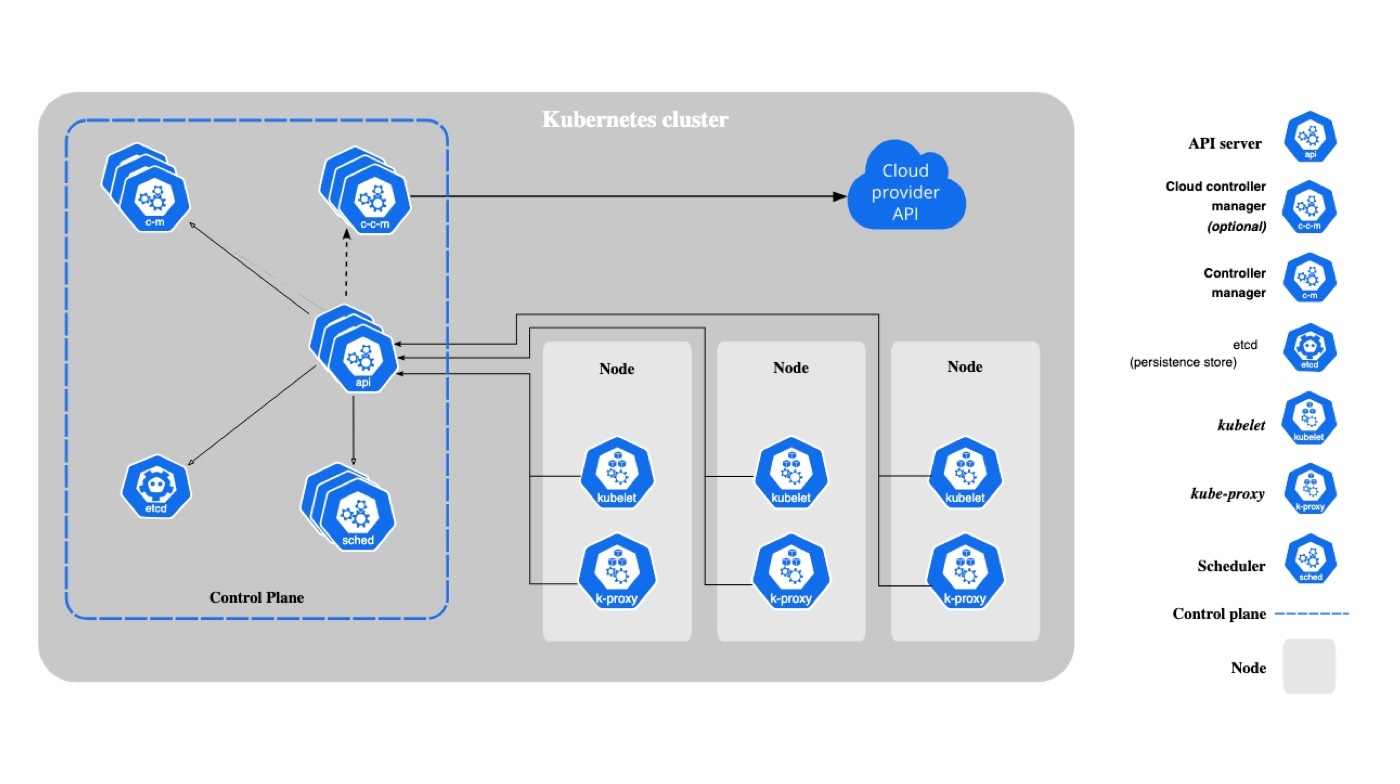
A Managed Services Provider is an IT partner like Combell that takes your IT worries away. For example, by offering various IT services and professional IT consulting. In other words, an MSP takes on the difficult IT tasks for you. 😀
Ultimate Cybersecurity for Your Business
By working with a provider like Combell, you bring the best IT experts on board. Our personal guidance gives you the opportunity to benefit from the best Kubernetes solutions, as well as server hosting, cloud storage, and connectivity. And the best part is: you don't have to install and maintain it all yourself. Your local Managed Services Provider is responsible for that.
MSPs also help your business with active monitoring and maintenance of your IT infrastructures. This way, you hardly ever experience downtime and don't lose productivity.
Furthermore, at Combell, we work day and night behind the scenes to create the most secure environment where attacks are addressed immediately. Tailor-made security is the ultimate cybersecurity for your business. We have a suitable solution for every security risk. This ensures that your applications remain online continuously, and your data is absolutely secure. Peace of mind guaranteed!
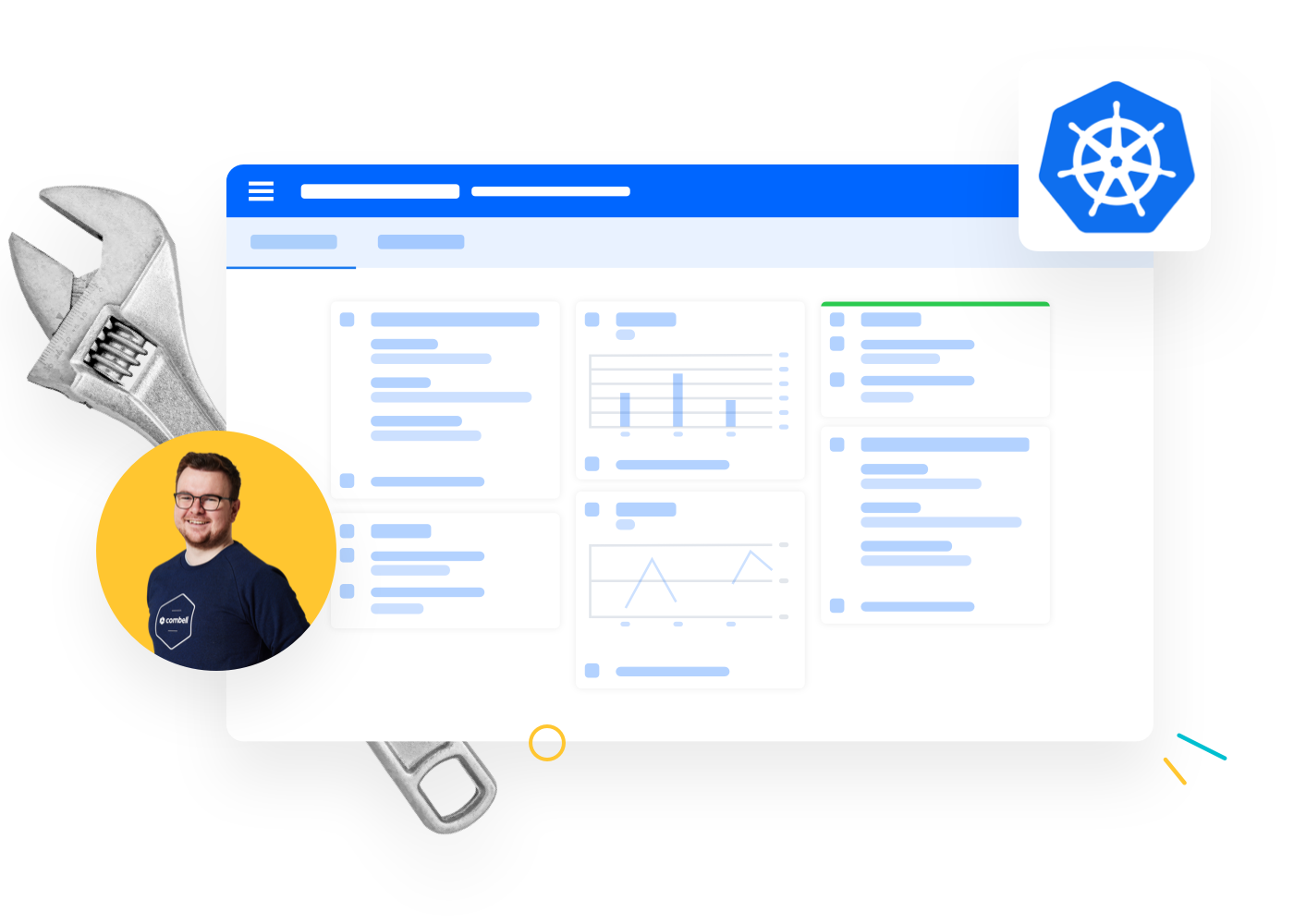
Managed Kubernetes
A professional hoster will also introduce you to Managed Kubernetes. To get the most out of your Kubernetes solution, rely on years of expertise. Combell has that expertise.This way, your business can make optimal use of this technology without having to worry about it! You also get the necessary guarantees in terms of security, reliability, and support.
Managed Kubernetes at Combell means:
- Collaborating in a personal way
You are in direct contact with our Kubernetes engineers. Thanks to this short communication line, you make rapid progress.
- In the hands of a local partner
Your data remains safe and sound in Belgium. This is not the case with all Kubernetes hosts. However, it is important to follow the strict GDPR rules. On top of that, you have direct contact with our own experts, in your own language. Very handy!
Tip
We have a feeling you don't want to receive fines for violating privacy legislation. Rest assured and follow these steps to make your website or webshop GDPR (AVG) compliant.
- Always the latest version
We upgrade Kubernetes to the latest (more secure) version every six months. You receive an overview of the things that need to be adjusted for optimal operation in advance. So, no surprises!
- Hard uptime guarantees
Thanks to our SLA guarantees, you are assured of maximum uptime. If something does go wrong, thanks to your established Service Level Agreement, you can count on a solution within 30 minutes. We don't just do our best; we guarantee it!
Entry-level Kubernetes
Sometimes, switching to containers is too big a step, due to technical knowledge or initial costs. That's why Combell offers 'Kubernetes Start.' This is an affordable entry-level model to get to know Kubernetes as a product better. 'k8s Start' has all the advantages of managed k8s, but you only use it for your web applications and need to provide a maximum of 1 node. You can always switch to a complete Managed Kubernetes environment later, including all the bells and whistles.
Kubernetes explained with a simple example
Hopefully, you've already learned a lot about how Kubernetes works! Because Kubernetes is a comprehensive concept, we try to make it as concrete as possible. We'll use the fictional example of an online clothing store. The founders want to improve the scalability of their popular webshop. Especially during peak hours and sales periods, their website tends to struggle.

They are looking for a reliable hosting provider and choose Combell. After consulting, their IT administrators place the application - the clothing store's shop - in containers and build a Kubernetes cluster for their IT environment. During peak times, they can scale up very quickly. This allows the webshop to handle all the traffic. The result is a seamless user experience, without any noticeable delays or downtime.
With Kubernetes, entrepreneurs also increase their productivity and efficiency as a company. They benefit from Kubernetes' self-healing functionality, where any failed containers are automatically restarted.
These customers are already using Kubernetes
Are you more into non-fiction? No problem! Get to know Thalento® and RMDY. They have already familiarized themselves with Kubernetes.
Thalento®'s online assessments are a key part of the recruitment process for hundreds of large and small companies. Combell, as a Managed Hosting Provider, ensures availability and flawless operation on Kubernetes Start.
We combine Kubernetes with Combell's managed services. With the 'mega clouds,' you are ultimately just a number as a customer. At Combell, you know that you can reach the right person directly. That trust has made the difference for us.
Our customer Thalento®
Affordable
By switching to Kubernetes, Thalento® can easily scale its infrastructure for peak moments. Duplicated components and Combell's support minimize the impact in case of a technical problem.
The Kubernetes Start platform, as mentioned, is a simplified and affordable version of Managed Kubernetes and is also a solid foundation for a complete renewal of Thalento's own software.
By the way: after the success with Kubernetes Start, Thalento® eventually switched to a full managed Kubernetes setup! 😉
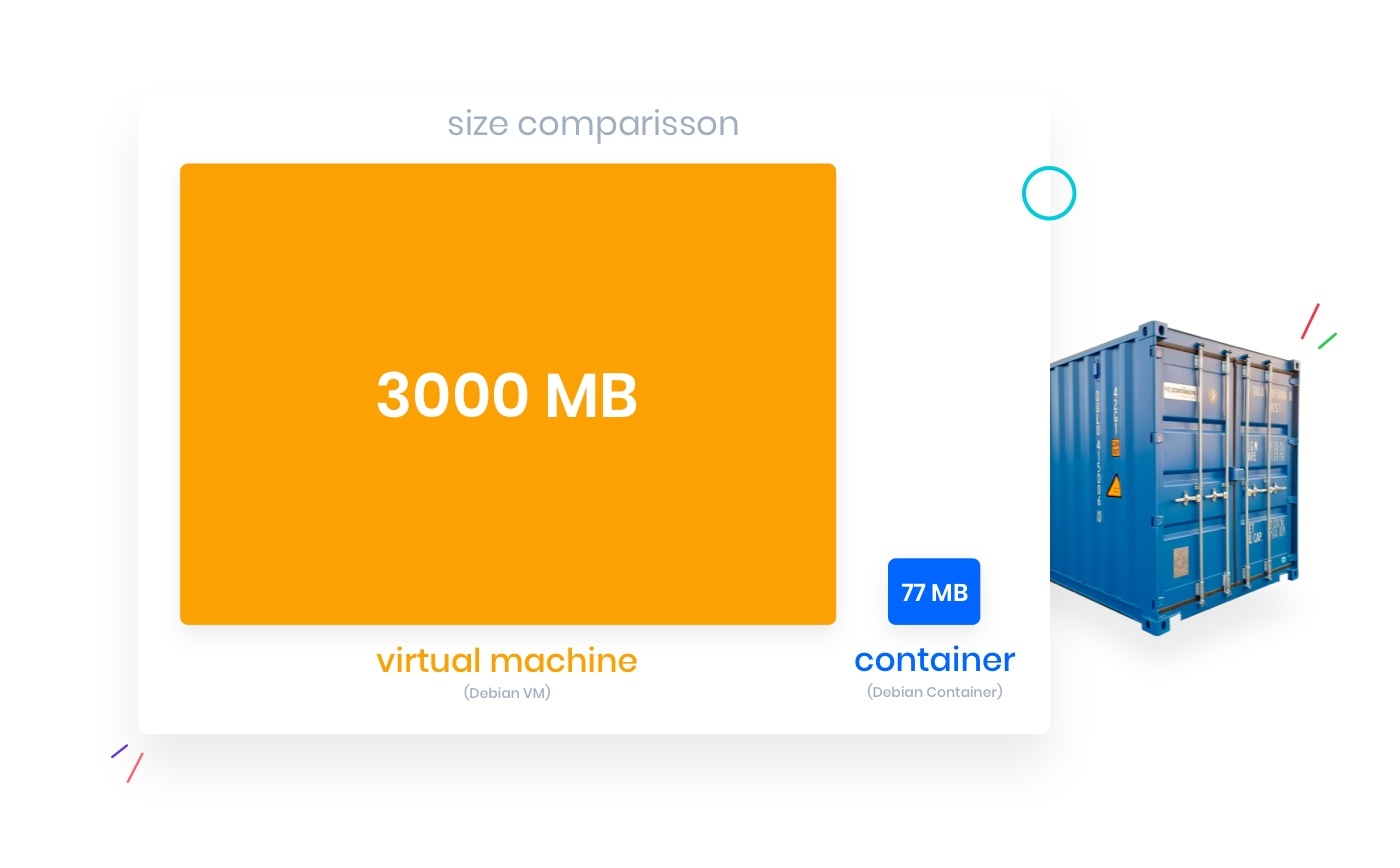
Thanks to Combell, tech company RMDY can make its customers excel digitally. Managed Kubernetes hosting gives RMDY the ability to work in a technology-agnostic way and to quickly switch when developing innovative solutions for various customers.
Working with containers saves us time and work, resulting in our customer getting their product to market faster.
Our customer RMDY
Another advantage of Kubernetes is that security is completely managed by Combell. For some of RMDY's customers, it is very important that the 360-degree virtual tour they have built for them can be hosted safely.
Kubernetes at Combell
Does Kubernetes seem interesting, but do you not have the technical know-how to set it up and manage it yourself? Then let Combell help you with our Managed Kubernetes solution. We can even completely take care of you.
Scaling quickly and flexibly, of course, only works if the physical infrastructure allows it. Containers allow you to use the available resources very efficiently, with minimal overhead. However, the physical infrastructure must be prepared for peaks or be quickly expandable. Combell provides accessible formulas for rapid growth or evolution based on your actual needs.
Convinced? Or do you still have questions?
